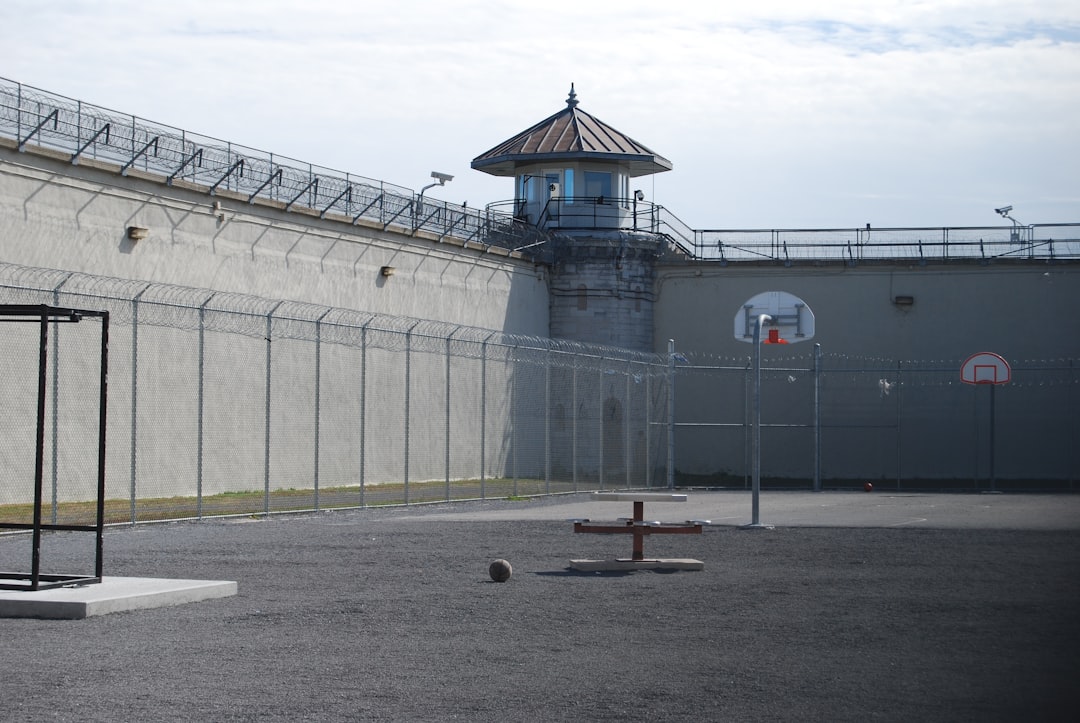Probation Officer Āpiha Matakana
Probation officers supervise people serving a sentence in the community. They also help people who have been in prison return to society.
Probation officers may do some or all of the following:
- liaise with people on community-based sentences, their families and others about their plans for the future
- prepare pre-sentence reports for courts
- plan and manage community-based sentences and orders
- make recommendations about appropriate programmes and treatment
- support and motivate people on community-based sentences or orders to make changes in their behaviour
- work with community agencies to get services, such as housing, for people on community-based sentences
- refer people on community-based sentences to suitable treatment or counselling agencies
- provide information to support the management of people on community-based sentences or orders.
Useful Experience
Useful experience for probation officers includes:
- community work
- social work
- coaching experience
- voluntary work.
Personal Qualities
Probation officers need to be:
- good communicators
- able to relate to people from a range of cultures and backgrounds
- mature, honest and confident
- good at analysis and problem solving
- good at planning and organising
- able to remain positive in difficult situations
- able to work well under pressure.
Skills
Probation officers need to have:
- good relationship management skills
- good report-writing skills.
Conditions
Probation officers:
- usually work regular business hours but may also need to work Saturdays, and are sometimes on call
- work in community probation and psychological services offices, prisons and courts
- visit people on community-based sentences in their homes.
Subject Recommendations
There are no specific secondary education requirements to become a probation officer, but NCEA Level 3 is preferred. Useful subjects include languages, social studies and te reo Māori.
Related Courses
Probation Officers can earn around $64K-$82K per year.
Pay for probation officers varies depending on their experience and level of responsibility.
- Probation officers usually earn $64,000 to $82,000 a year.
- Senior practitioners usually earn $83,000 to $92,000 a year.
Source: Department of Corrections, 2024.
Probation officers may progress to more senior positions, such as:
- senior practitioners who manage a more complex case load, or
- practice leaders who mentor and coach staff.
They may also move into jobs in management or policy at the Department of Corrections or the Ministry of Justice.
Years Of Training
<1 year of training usually required.To become a probation officer you need to:
- pass a check that proves you have not been in prison
- pass a police vetting check
- have a full driver's licence
- pass a pre-employment drug test.
A tertiary qualification, such as a degree, in a subject such as psychology, criminology, sociology or social work is preferred but not essential.
The Department of Corrections provides training for new probation officers, which includes workplace and classroom learning. Training takes six months.
The Vulnerable Children Act 2014 means that if you have certain serious convictions, you can’t be employed in a role where you are responsible for, or work alone with, children.

 Bishop Viard College
Bishop Viard College